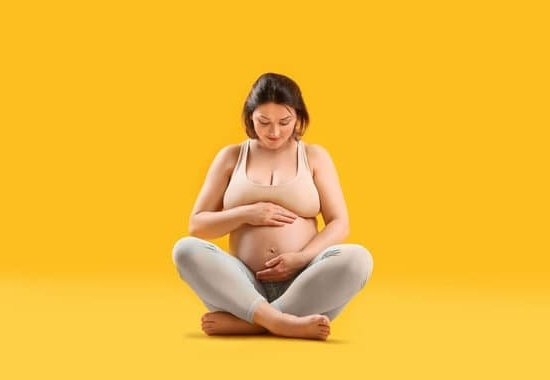What Is Geriatric Pregnancy?
Geriatric pregnancy, sometimes referred to as advanced maternal age (AMA), refers to a woman who is 35 years of age or older when she becomes pregnant. This age group tends to be more at risk for certain medical complications due to underlying health issues, hormones, and their advanced stage in a woman’s life cycle.
Why Is Geriatric Pregnancy More Risky?
There are a number of factors that come with an increased risk associated with a geriatric pregnancy. These risks include:
- Decreased fertility due to age: As a woman ages her body produces fewer eggs of lower quality, and she is more likely to miscarry.
- Higher risk of chromosomal abnormalities: The high number of chromosomal abnormalities with the baby increases with a mother’s age.
- Increased risk of medical complications: From diabetes to high-blood pressure, there is a greater risk of underlying health issues during a geriatric pregnancy.
- Increased risk of preterm labor and birth defects: Babies born through a geriatric pregnancy are more likely to have a lower birth weight and greater risk of birth defects, such as cleft lip.
What Are the Benefits of Geriatric Pregnancy?
Despite the many risks, there are also benefits associated with a geriatric pregnancy. Women in their late 30s and early 40s tend to be in a more mature stage in life, better-equipped to handle the changes that come with motherhood. In addition:
- Increased maternal maturity: Women who are in their later 30s and early 40s often have established careers, more resources, and more life experience.
- Longer breastfeeding duration: The risk of breastfeeding cessation due to medical complications during the postpartum period is much lower in geriatric pregnancy.
- Spousal and family support: Women in geriatric pregnancies are more likely to have a supportive partner or family in place to help with the extra stress of pregnancy and childbirth.
What Are the Risks?
Despite the potential benefits, the risks associated with geriatric pregnancy should not be overlooked. Women in this age group are more likely to have problems with the placenta, experience stillbirths, premature delivery and have fertility issues. Women who are considering a geriatric pregnancy should discuss risks and complications with their doctor and be sure to receive proper prenatal care throughout their pregnancy.
Overall, geriatric pregnancy is a risky endeavor with potential benefits. Women considering getting pregnant are encouraged to discuss their options with their doctor and weigh the risks with the potential benefits before taking the plunge.
Geriatric pregnancy is a riskier endeavor and can come with potential complications. However, it is still possible to have a successful pregnancy.

Welcome to my fertility blog. This is a space where I will be sharing my experiences as I navigate through the world of fertility treatments, as well as provide information and resources about fertility and pregnancy.





